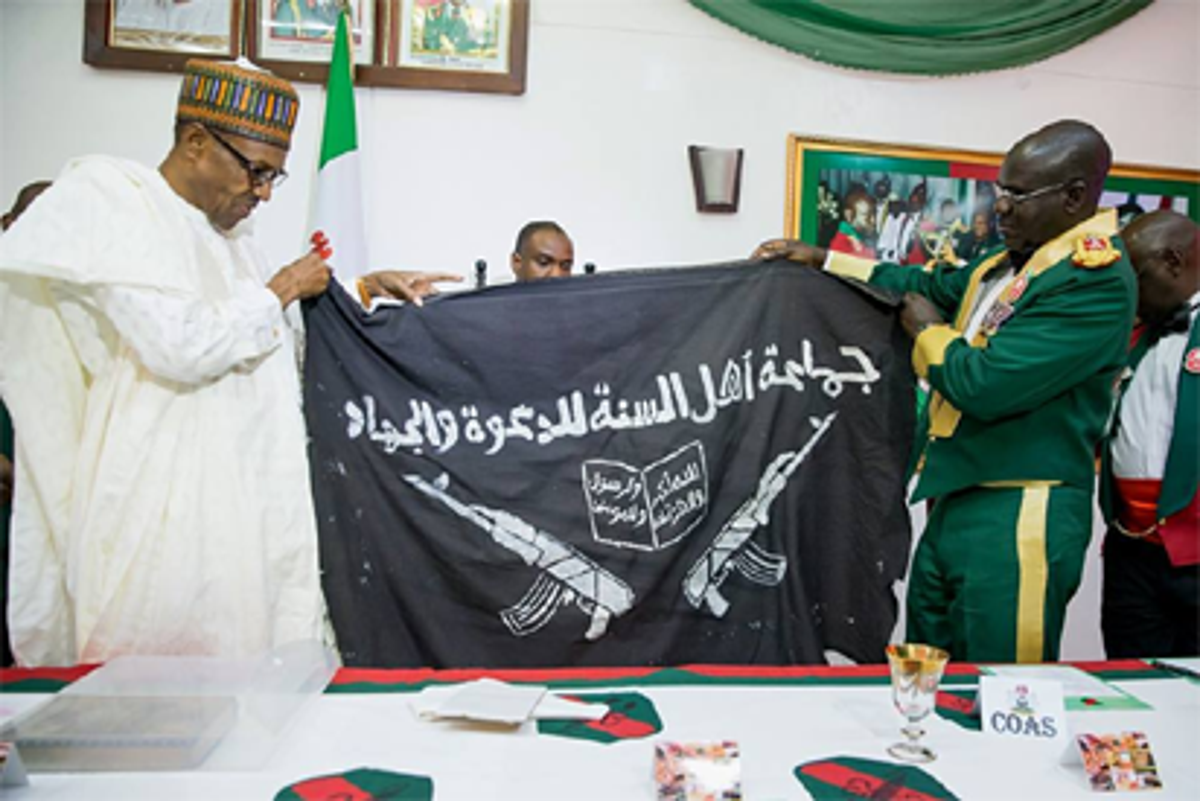The Real Reason For Delisting Nigeria From Religious Freedom Violators By The U.S.


On Wednesday, 17 November 2021, the U.S. removed Nigeria from its list of religious freedom violators, just a day before the U.S. Secretary of State Antony Blinken arrived in the country as part of a tour of Africa.
Furthermore, Blinken added that the American government blacklisted China, Russia, Iran, Pakistan, Eritrea, Saudi Arabia, Eritrea, Myanmar, Tajikistan, and Turkmenistan. He also placed Algeria, Comoros, Cuba, and Nicaragua on a watch list for religious freedom violation and designated terrorist groups including Boko Haram and al-Shabab as entities of concern.
What constitutes religious freedom violation?

The United States Secretary of State, Anthony Blinken said that “the United States will not waiver in its commitment to advocate for freedom of religion or belief for all and in every country. In far too many places around the world, we continue to see governments harass, arrest, threaten, jail, and kill individuals simply for seeking to live their lives in accordance with their beliefs. This Administration is committed to supporting every individual’s right to freedom of religion or belief, including by confronting and combating violators and abusers of this human right.”
According to him, the U.S. takes the responsibility to look out for governments and non-state actors who merit designation under the International Religious Freedom Act because of their religious freedom violations.
The U.S. also looks out for governments who repress non-traditional religions and religious freedom when listing countries as religious freedom violators or “Country of Particular Concern”.
What did Nigeria do differently to get out of the list?
The U.S. listed Nigeria as one of the countries engaged in or tolerated the severe violation of religious freedom in 2020. Listing Nigeria was justified because acts of religious violence were running rampant.
As the U.S. State Department noted last year, Nigeria had been unable to tackle religiously motivated abuses and persecutions. Nigeria failed to ensure that every Nigerian, at all times, had the right to live according to the dictates of conscience.
The fact that the U.S delisted Nigeria this year is still a surprise to many as there are still selective killings of religious worshippers based on their faith. For instance, the president of the Humanist Association of Nigeria, Mubarak Bala, remains in jail for allegedly leaving Islam and publicly expressing atheist views on Facebook.
The UN and foreign governments have urged Nigeria, especially the Ganduje-led government in Kano to charge or release Mubarak. Sadly, all appeals have fallen on deaf ears. Kano state government has refused to formally arraign Bala.
There are still many questions regarding the criteria for delisting Nigeria from religious violators. This is because the country didn’t do anything differently to get out of the list.
Any link between the coming of the U.S. Secretary of State and the delisting?
Delisting Nigeria from the list of countries with religious freedom concerns drew a sharp rebuke from the U.S Commission on International Religious Freedom (USCIRF). Similarly, the Human Rights Writers Association of Nigeria, HURIWA, has also criticized the U.S. government for unilaterally delisting Nigeria.
HURIWA said that there are still religious tensions in the country despite the government’s plans to curb these tensions. However, the U.S. State Department is yet to respond to requests for clarification. Also, it remains unclear if the designation was influenced by Blinken’s visit to Nigeria.
Suspicion trailing the delisting of Nigeria from religious violators list
The U.S. delisted Nigeria from the list of religious freedom violators in a surprisingly unpredictable move. The question that continues to run on the lips of many is “has the situation that led to the listing in the first place improved”?
Perhaps, the move was just a way of coating the fragile relationship between Nigeria and the United States. Wealthier nations often use similar strategies to ensure the safety of a high-ranking diplomat. Basking in the euphoria of the delisting, the Nigerian government will do everything possible to ensure the safety of the U.S. Secretary of State.
Considering the high level of insecurity in Nigeria, we cannot fault anyone thinking in this direction. What do you think about the delisting? Was it a bit hasty or was it well-deserved? Let us know your thoughts in the comment box below.







Responses